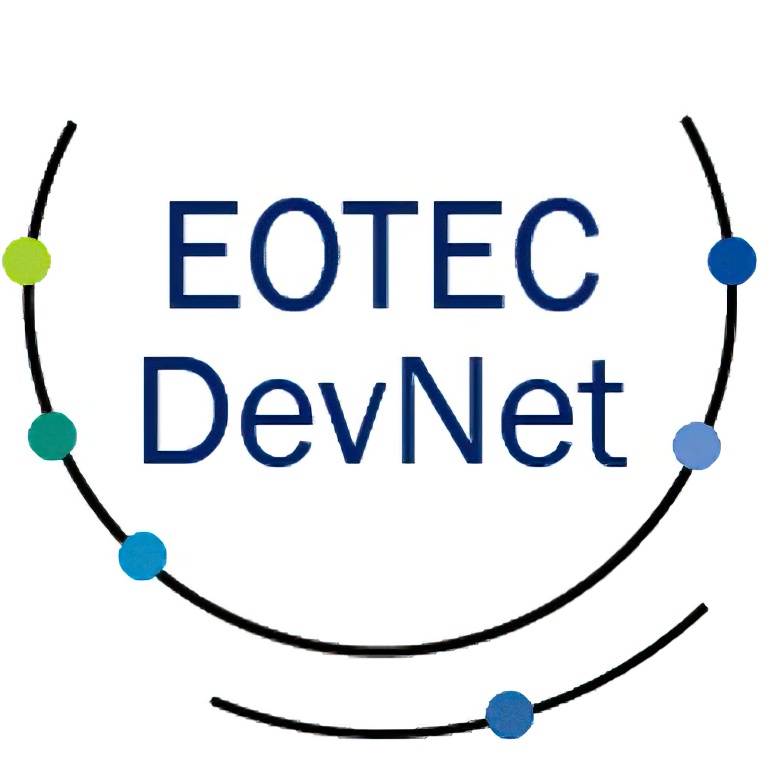Mapping crop types and assessing their characteristics is critical for monitoring food production, enabling optimal use of the landscape, and contributing to agricultural policy. Remote sensing methods based on optical and/or microwave sensors have become an important means of extracting information related to crops. Optical data is related to the chemical properties of the vegetation, while radar data is related to vegetation structure and moisture. Radar can also image the Earths surface regardless of almost any type of weather condition.
This four-part, advanced training builds on the previous ARSET agricultural training. Here we present more advanced radar remote sensing techniques using polarimetry to extract crop structural information. We also present Sen4Stat an open source system demonstrating the potential of optical and SAR satellite Earth observations for monitoring and reporting of the SDG targets related to agriculture. Sen4Stat also combines Earth observation data with national statistical data sets and surveys to support National Statistical Offices in the uptake of satellite Earth observations for agricultural statistics.
This series will focus on the use of dual polarization C-band SAR from Sentinel-1, fully polarimetric C-band SAR from the RADARSAT Constellation Mission (RCM), fully polarimetric L-band SAR from SAOCOM (SAtélite Argentino de Observación COn Microondas), and optical imagery from Sentinel-2 to map and monitor crop types and assess their biophysical characteristics. This series will also cover the theory of SAR Polarimetry and include a practical exercise using the Sentinel Application Platform (SNAP) and Python code written in JupyterNotebooks, a web-based interactive development environment for scientific computing and machine learning.
This webinar series is a collaboration between ARSET, Agriculture and Agri-Food Canada (AAFC), European Space Agency (ESA), United Nations Office for Outer Space Affairs (UNOOSA), University of Stirling, Université Catholique de Louvain (UCLouvain), and the CEOS Working Group on Capacity Building & Data Democracy (WGCapD).
Relevant UN Sustainable Development Goals:
Goal 2: End hunger, achieve food security and improved nutrition and promote sustainable agriculture
Target 2.4: By 2030, ensure sustainable food production systems and implement resilient agricultural practices that increase productivity and production, that help maintain ecosystems, that strengthen capacity for adaptation to climate change, extreme weather, drought, flooding and other disasters and that progressively improve land and soil quality
Course Dates: April 12, 19, 26, & May 3, 2022
